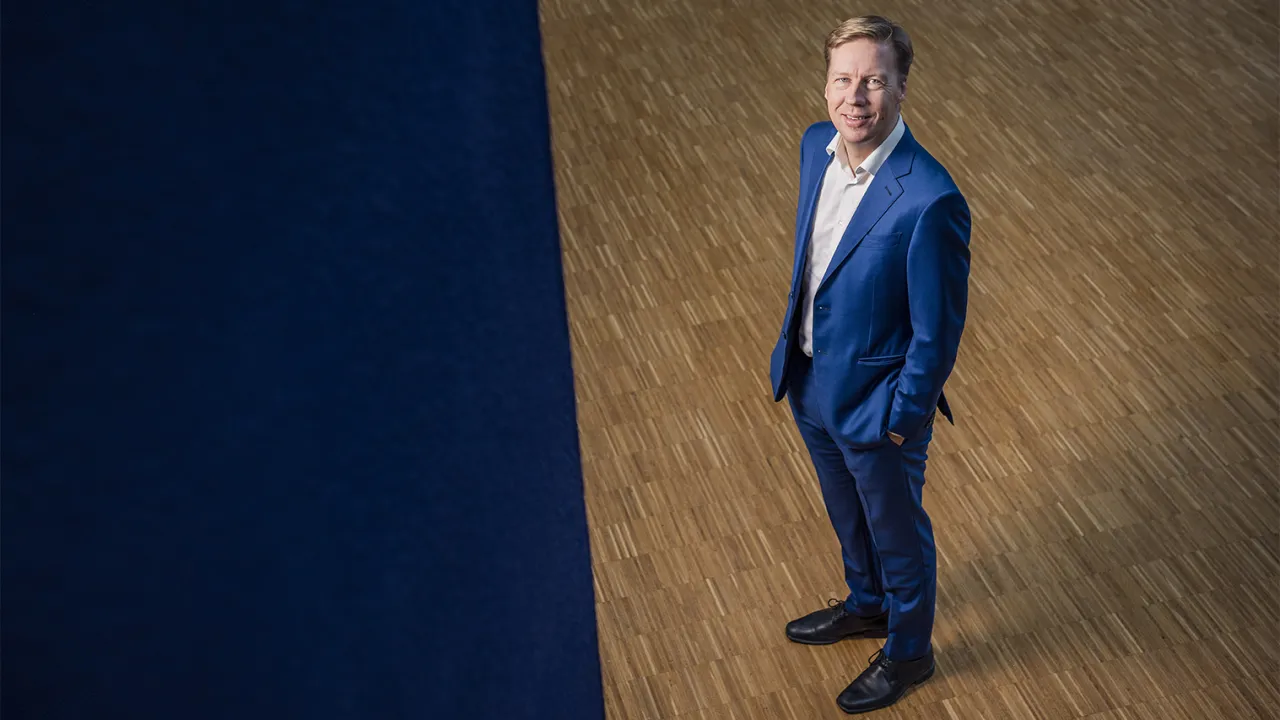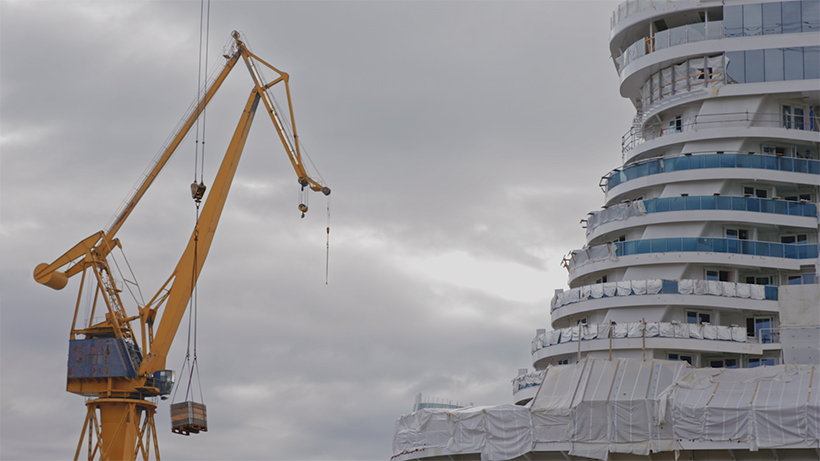Coronavirus and China challenge export financing rules – this is what Finnvera believes Finnish companies to need to manage

The effects of the coronavirus will be felt in the economy for a long time. In the changed world, Finnvera relies on the competitiveness of Finnish companies and believes that corporate responsibility will become a competitive asset together with technological innovations.
States have spent a lot of money on coronavirus recovery and helping their own businesses overcome the crisis. So has Finland. Competition is tough, but it must stand on sustainable foundations. At the dawn of new growth, the competitiveness of Finnish export companies is good, Jussi Haarasilta from Finnvera believes.
“I have no doubt that Finnish companies will manage. The companies have good and advanced products and competent workforce. The competitiveness of Finnish exporters is good, but the increasing costs must be taken into account,” says Jussi Haarasilta, Executive Vice President, Large Corporates.
Global playing field is changing – this is how it is reflected upon Finland
According to Haarasilta, the coronavirus pandemic will leave its mark on the economy for a long time. In Finland, too, the State increased Finnvera's authorisations to grant domestic financing and enabled working capital financing for large corporates.
“After the crisis, the states will play a bigger role, and they will also employ export financing tools for solving the coronavirus crisis,” says Haarasilta.
States have also wanted to assume a role in the process. The Western industrialised countries are driven to this by the competition from China. For a long time, the playing field of export financing was determined by the OECD Arrangement on Export Credits and its minimum conditions. For a small, export-driven economy such as Finland, the system has been well suited.
Recently, the Chinese and Indian economies and their importance to the world economy have grown, and they do not participate in the OECD Arrangement. The OECD minimum conditions have been relaxed to bring the terms and conditions of financing applied by Western exporters closer to what China is offering to its own companies.
“This will increase the euro amount of credits guaranteed by export credit agencies, which also means increased exposure. On the other hand, export credit agencies are tasked with promoting the export transactions of companies in their home countries by means of financing, which is reflected positively in the economy. A competitive financing system is important for exporters,” Haarasilta says.
Corporate responsibility reflected in funding
Despite the pandemic, certain developments – such as corporate responsibility and the climate theme – continue to move forward.
Negotiations are under way on transforming the restrictions on coal power projects currently included in the OECD Arrangement into a total ban. A number of member states, including Germany, France and Sweden, have announced that they will stop granting any export guarantees for projects based on the exploitation of fossil fuels.
"The development is a step in the right direction and necessary, and we are involved in the negotiations on the Arrangement. From the perspective of Finnish exports, the change is not directly visible, as no financing has been applied for from Finnvera for coal power projects. Most of the export transactions guaranteed by us concern vessels, telecommunications networks and, for example, machinery and equipment for pulp factories. Of course, should we receive a funding application on our table involving the use of coal power, say, indirectly, we would need to consider where to draw the line,” says Haarasilta.

Finnvera joined the Poseidon Principles, which follows the climate impacts of ship financing, aimed at establishing concrete indicators for the impacts of ship finance. Half of Finnvera's EUR 22 billion funding liabilities are related to vessels being built in Finland.
Haarasilta emphasises that the export guarantee is always related to a particular investment, plant or piece of equipment, which undergoes careful evaluation.
"We finance major industrial projects that always have environmental and social impacts. The decisive factor is how the owner of the industrial plant can control them. The leverage we can use as the loan guarantor is that we require the project developers to take measures whose implementation is monitored. For example, we have been able to improve the working conditions of subcontractors and limit environmental impacts as part of the terms and conditions of loan agreements. In other words, as providers of financing we have influence.”
“A large share of the global flow of funding is general working capital financing, which does not take a stand on what the money is used for. The financing guaranteed by us is targeted for new investments and export transactions of Finnish companies,” Haarasilta says in summary.
For Nordic economies and exporters, climate change is more an opportunity than a threat,” Haarasilta says.
“The products manufactured here are technologically advanced and replace old capacity, which reduces and enhances the use of raw materials. This is also important for the climate,” Haarasilta remarks.
